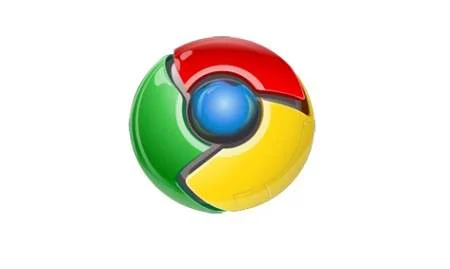The battle over Google’s decision to unceremoniously drop support for H.264 in future versions of its Chrome browser continues to rage on the ‘Net, with many journalists and analysts decrying the controversial move.
However, Opera’s Haavard defended Mountain View’s decision to ditch H.264, noting that the stalwart standard is not exactly an open one.
“Unfortunately, H.264 is patent-encumbered, and you need to pay money to use it. As per the W3C patent policy, this is incompatible with the definition of an open standard, particularly on the web,” he explained.

“By the very definition of ‘open,’ H.264 cannot possibly be open, because it cannot be used unless you pay up.”
Haavard also refuted charges that Google was being hypocritical about open standards by bundling a version of Flash with Chrome.
“This is comparing apples and oranges. Flash is a plugin, which Google chose to bundle because there is a lot of Flash content out there.
“On the other hand, H.264 would be part of the browser itself, and not a mere plugin. One important thing to keep in mind is that Flash is already ubiquitous. If you want to do any kind of video on the web, you don’t have a choice. Flash is needed.”
Thom Holwerda of OSNews expressed similar sentiments, noting that the web “was not owned by any one of us” – not by governments, not by Apple, not by Google, and most certainly not by the MPEG-LA.
“Within a few months, browsers able to display H.264 video will be in the minority, while browsers able to play WebM will make up the majority. With VP8 support coming to Flash later this year, and YouTube inevitably defaulting to WebM, the open source world and Opera will get HTML5 video with WebM.
“Internet Explorer and Safari users can either install the WebM codec, or enjoy VP8 wrapped in Flash, which, in the case of Safari, is delightfully ironic (and I’m sure a side-effect Google is not too unhappy with),” he added.






